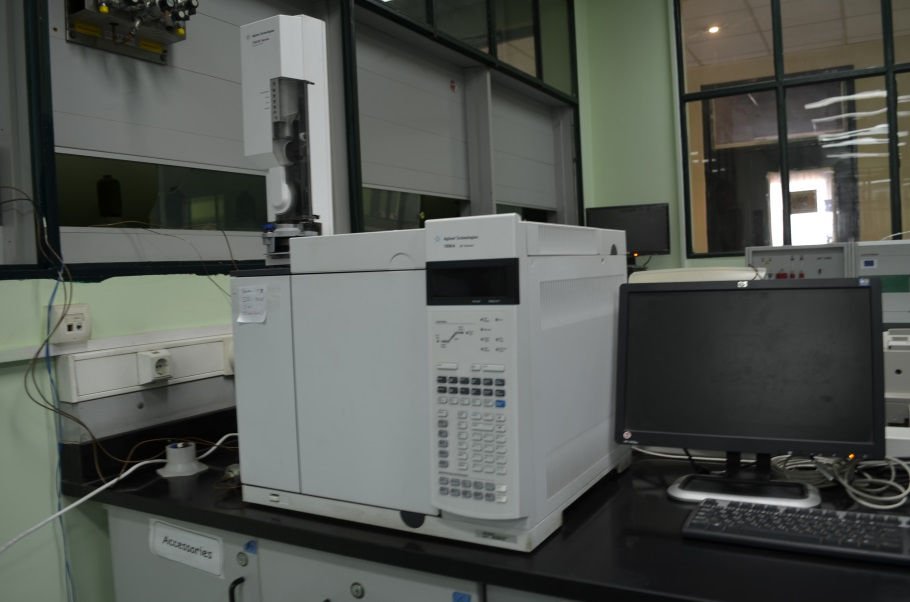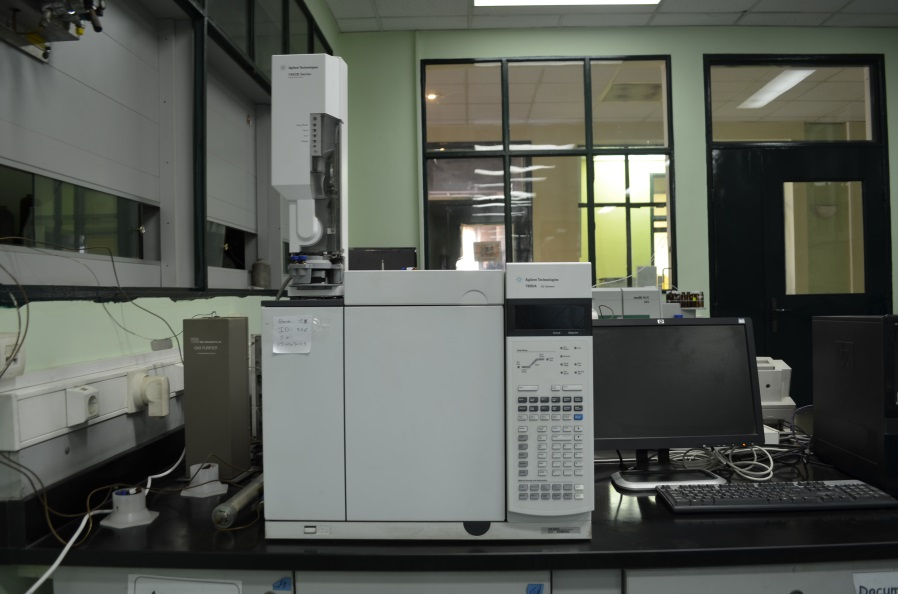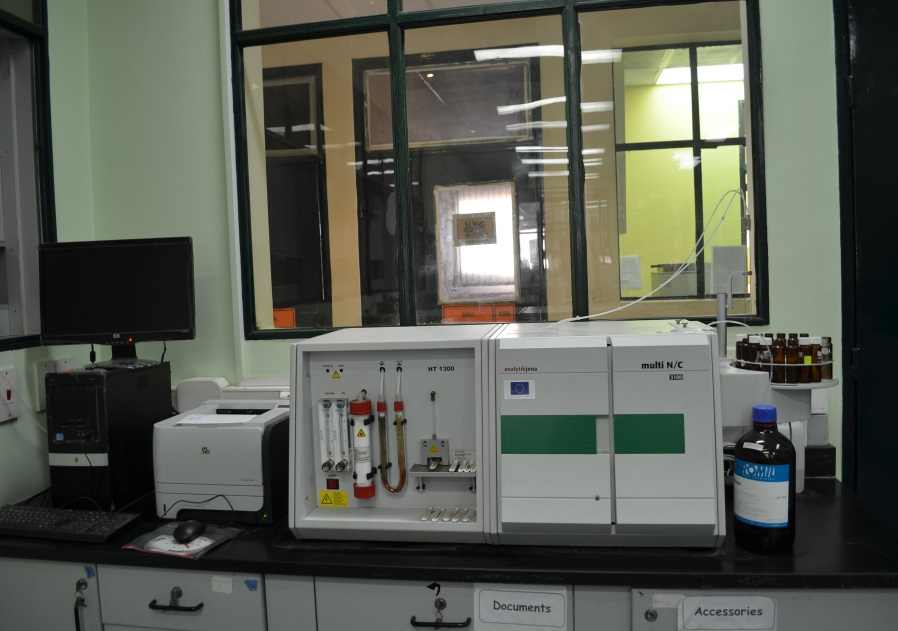Overview: Organic laboratories aim at evaluation of the water chemistry quality that is essential for increasing discharge of organic pollutants from anthropogenic sources to the environment and reported the principle classes of organic compounds. For this, sound assessment organic programmes is integrate the different steps in the monitoring cycle included information needs for organic pollutants, monitoring network design, field and laboratory procedures up to data collection and processing. Department Instruments: · Colorimeter, · Incubator, · pH meter, · Total organic carbon analyzer, · Gas chromatography with Electron Capture Detector (GC-ECD), · Gas chromatography with Mass detector (GC-MS), and · Gas chromatography with Fourier Ion detector (GC-FID).
Department Services: The measurements of organic pollutants are carried out undertaken international standard methods and application of modern technology with an intenerated quality assurance program that is compliance with ISO/IEC 170251/2005. The resulting data can be evaluated together with the natural water quality, human effects and water quality usages to: · assess the effects of organic pollutants, · regulate their discharge, sensitive, accurate, and · Uniform monitoring techniques must available. · effective application and enforcement of legal and institutional arrangements Optimization of the organic laboratory practice should ensure that these testing are sound and sustainable in water quality and safe environment to understand the rationale for practically competent in the sampling of water and the measurement, interpretation of water quality parameters.
|








